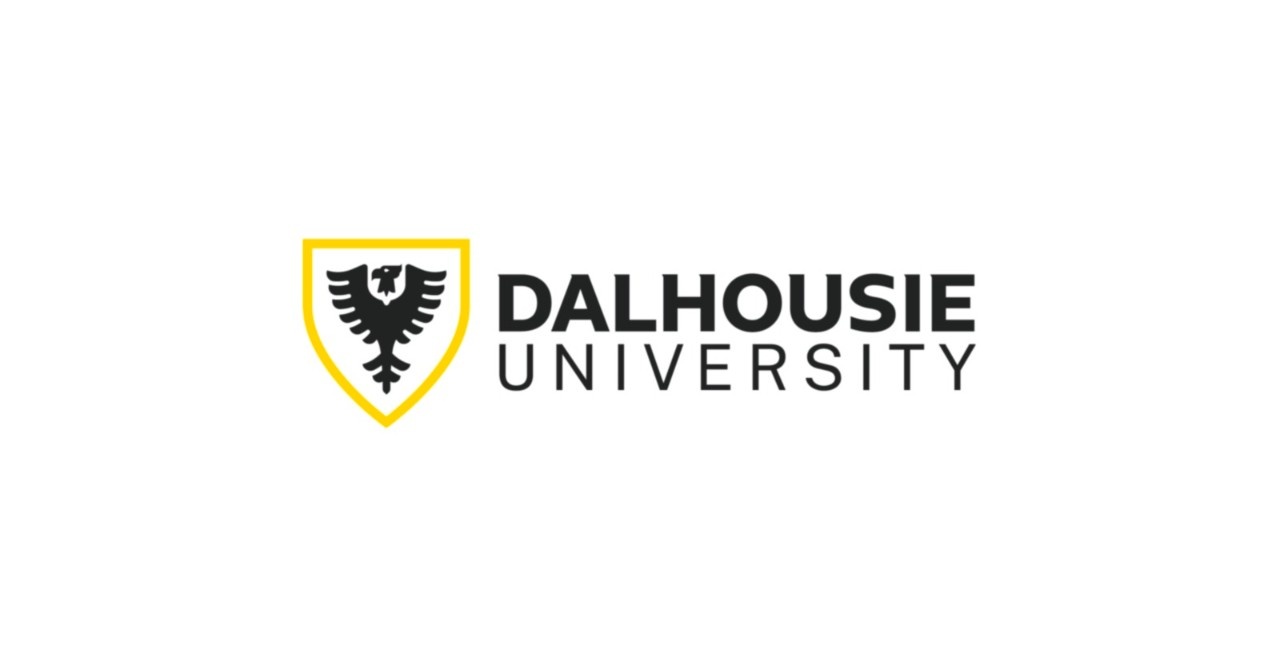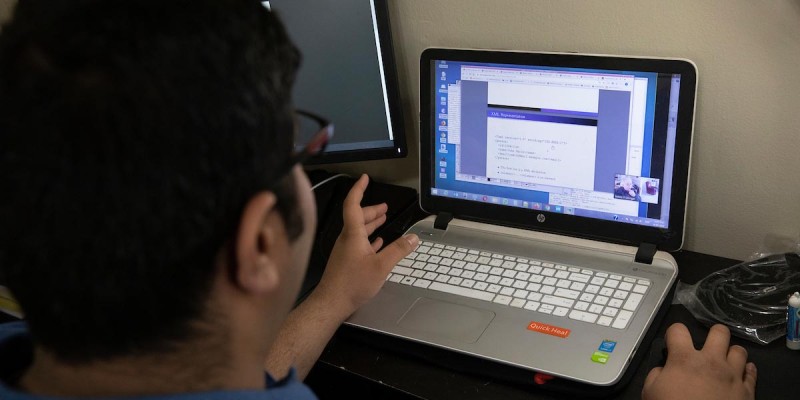Dalhousie competitive programming team to compete against Harvard, MIT this weekend – Faculty of Computer Science

Go to news main
Dalhousie competitive programming team to compete against Harvard, MIT this weekend

Team Dal Esperanza (photo provided).
A Dalhousie competitive programming team bested 24 other teams to win last month’s Atlantic Canadian Programming Competition. The team — called Dal Esperanza — only had two programmers to most other teams’ three: Sebastian Dionicio and Hoang Le.
The competition took place over five hours and saw teams solving complex mathematical and algorithmic problems with programming solutions. The team with the most problems solved with the fewest attempts in the shortest cumulative time won.
Dal Esperanza solved six of seven problems, and were very close to solving the final one before time ran out, solving it just a few minutes after the competition ended.
“After the competition, students from other universities came together to discuss the questions and learn different ways to tackle them and that allowed us to connect with students across the Atlantic region, which we may have never had the opportunity to do otherwise,” says Le. “It allowed us to showcase the skills we trained hard for since high school, and we appreciate this moment of recognition.”
Problems could be anything from analyzing scores for the caber (pole) toss at the Highland Games to determine a winner, to creating flood risk maps. Teams were allowed to work in whatever programming language they preferred from a fixed list set, which included C, C++, Java, Python, and Kotlin, and required detailed problem-solving skills, mathematical thinking, and algorithmic knowledge.
Dal Esperanza had two coaches from the Faculty of Computer Science, Professors Vlado Keselj and Travis Gagie. Keselj says he’s proud of his students for their impressive performance, and for reviving the idea of participating in competitions. “We used to have an active programming club and competitions, but things were disrupted during COVID,” he says. “I was happy to see Sebastian and Hoang, who are two very talented students, revive the team.”
Going international
Fresh off their success at the ACPC, Dionicio and Le are getting ready to represent Dal at the regional round of the International Collegiate Programming Contest (ICPC) on Sunday, November 10. With more than 50,000 participants from 3,000 universities in over 100 countries, the ICPC is the oldest, largest and most prestigious programming competition in the world.
The Atlantic competition formerly served as the ICPC round for the Atlantic Canadian region, so the structure of Sunday’s event will be familiar to Dionicio and Le. The teams that solve the most problems in the fewest attempts in the least cumulative time will be declared the regional winners and will advance to the North America Championship (NAC) to compete for a chance at ICPC World Finals, which will be held sometime in 2025.
For Dionicio and Le, it just so happens that their region (Northeastern North America) includes Ivy League schools such as Harvard and MIT.
“We know it will be a challenge to go up against schools that recruit the strongest students from around the world, but we feel very excited since this is a unique opportunity to compete with the top universities in the world,” says Dionicio. “We believe that we have a strong chance to reach the top ten in the competition and showcase that our skills are on par with the smartest in the world.”
Benefits of programming competitions
Keselj says competitions like these are extremely beneficial because companies often ask interviewees to solve programming problems during job interviews and interviewees can be uncomfortable or unfamiliar with the time-constrained environment if they don’t have this sort of experience.
“These competitions are the closest thing to a coding interview a lot of students will have,” he says. “It’s really for the great benefit of the students.” Keselj even remembers one industry hiring manager from telling him that when they’re recruiting new grads, they specifically look for ones who have done well in programming competitions such as these.
Dionicio and Le agree that the competitions are helpful, and they value the opportunity to practice their skills while they’re still in school. “Experiences like this help you discover more about yourself, since you need to push your limits and perform at your best during the competition,” Le says.
You can see a live scoreboard and track Dal Esperanza’s progress in the regional round of the International Collegiate Programming Contest on Sunday, November 10 at this link.
link






